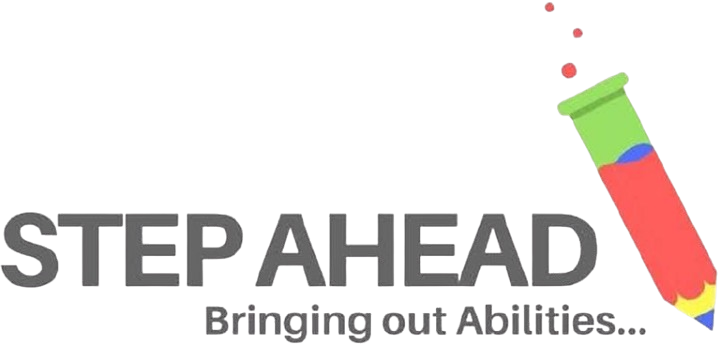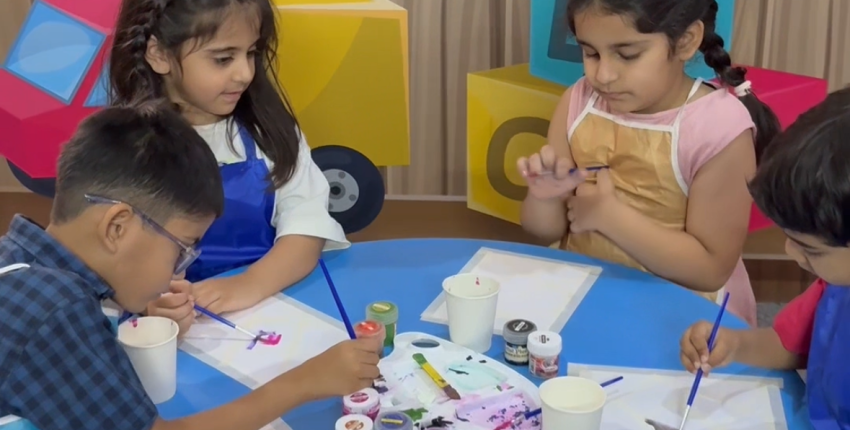A Social Skills Training Program is designed to help children, teens, and young adults develop the essential interpersonal skills they need to communicate effectively, build relationships, and navigate social situations with confidence. These programs are especially helpful for individuals with autism, ADHD, anxiety, or other developmental or social challenges.
The training focuses on teaching core skills such as making eye contact, starting and maintaining conversations, understanding body language, listening actively, managing emotions, and resolving conflicts. For younger children, play-based activities and role-playing are commonly used, while teens and young adults may participate in group discussions, peer interactions, and real-life scenarios.
Programs are often led by psychologists, therapists, or special educators in schools, clinics, or community settings. Sessions may be individual or group-based, offering opportunities for guided practice and peer feedback.
Social skills training not only improves communication but also boosts self-esteem, empathy, and emotional regulation. When learned in a supportive, structured environment, these skills can lead to better friendships, academic success, and greater independence.
By helping individuals understand social cues and build meaningful connections, Social Skills Training Programs lay the groundwork for healthier relationships and more successful participation in everyday life.









